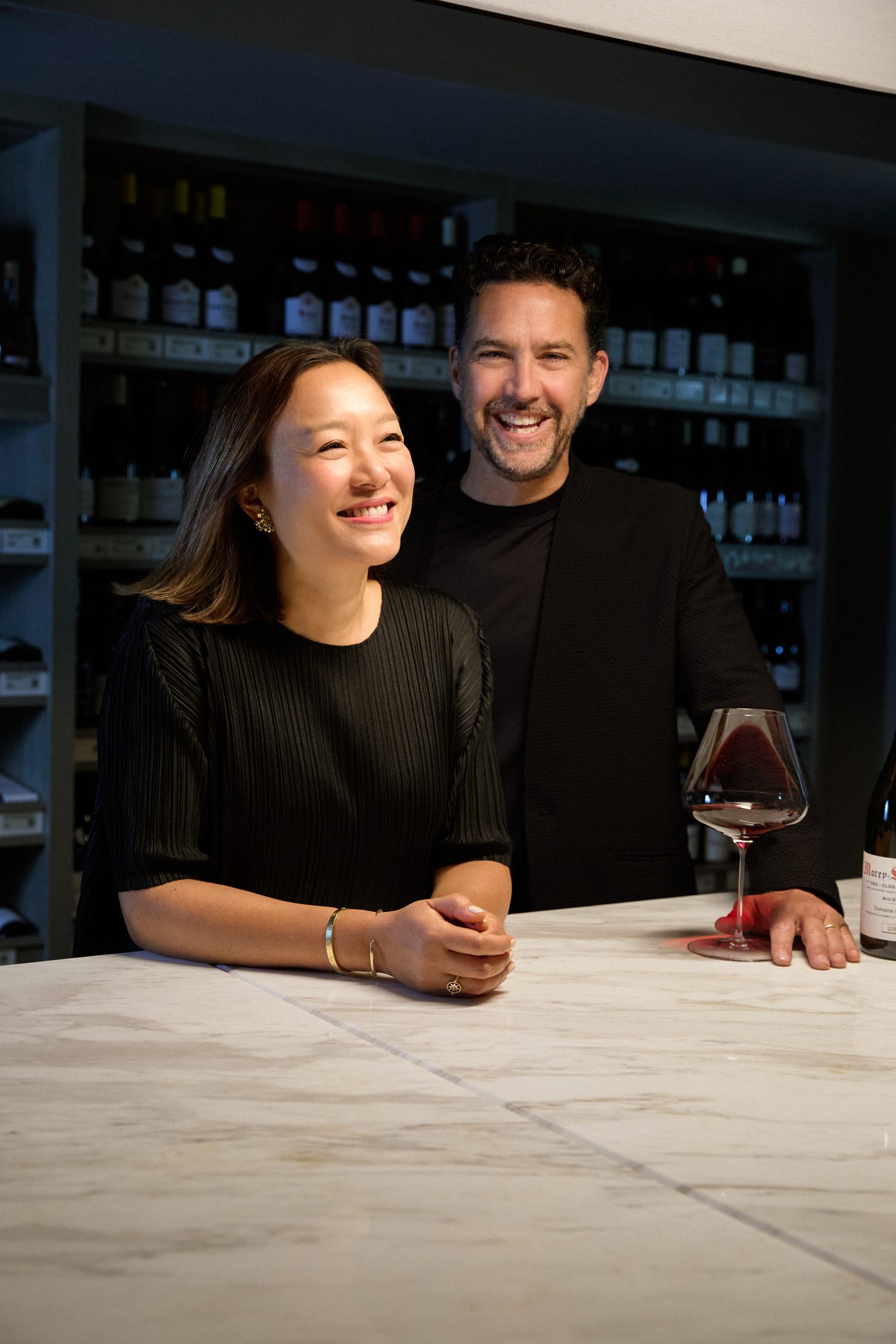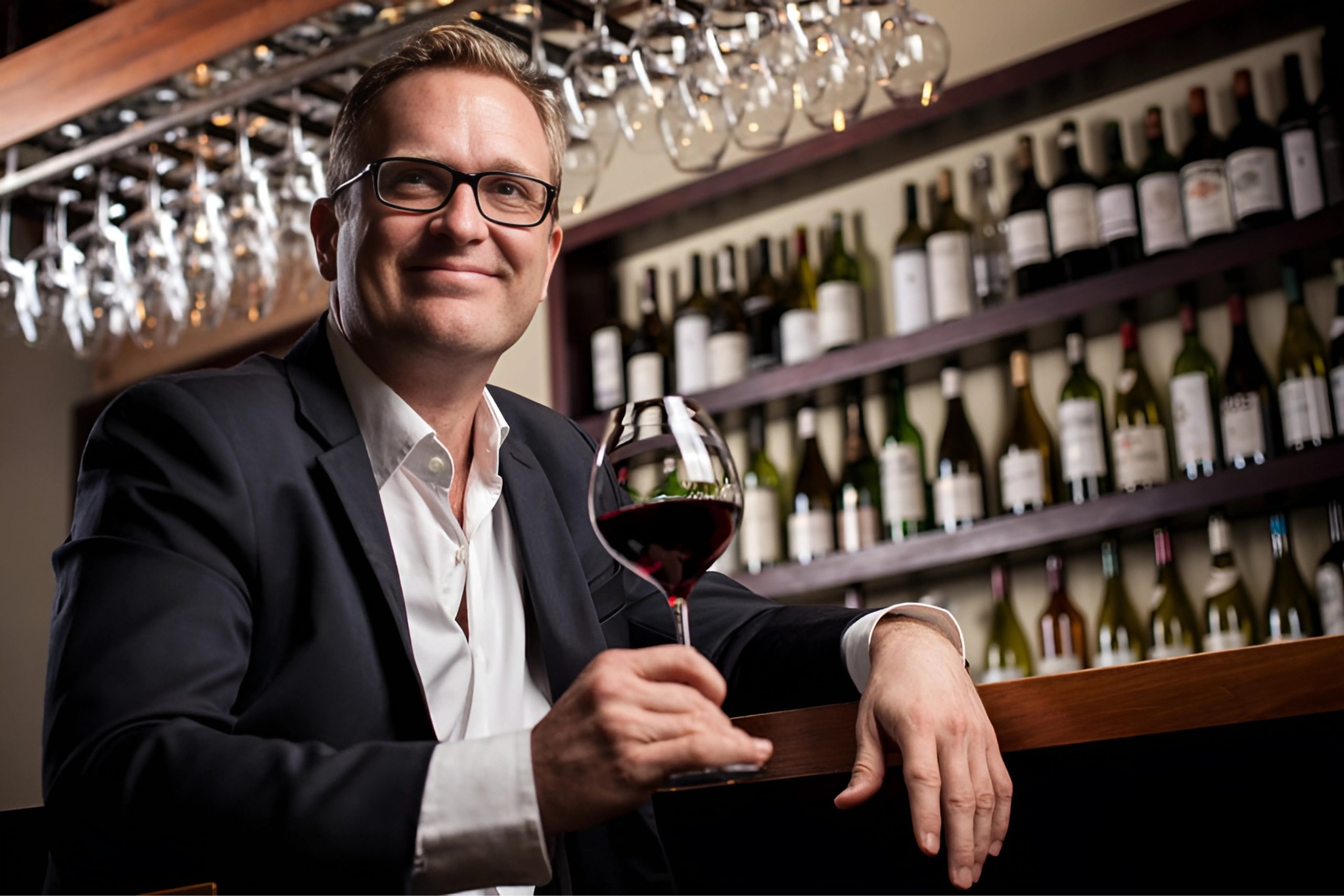Bordeaux reacts to UK merchants’ pleas
The Bordeaux open letter from leading UK merchants has become an almost annual event – a shot across the bows of the leading châteaux, and a call for restraint.
Charles Sichel
In their plea for a return to 2008 pricing for the coming en primeur campaign in Bordeaux, UK merchants may be sorely disappointed. “I think it’s a very reasonable request, but very unlikely to happen,” Charles Sichel told the drinks business. “To be honest I don’t think we’ll see a price decrease from anyone.” It is not the first time merchants have released an open letter in the run up to en primeur, but there is sympathy with the feelings behind it. “It’s good to get things out in the open. It’s important and I think it sets the scene for the next campaign,” said Sichel.
“What’s for sure is we want the next en primeur to be a success,” added Thomas Duroux, CEO of Château Palmer. “The quality has to be there and to be recognised, and the price has to be right to make it happen.” Whether that requires a return to 2008 levels, he said: “I don’t know, but I understand the merchants want the best price.”
Sichel gave an example: “Let’s look at Château Beychevelle whose 2008 release price was €21.60. Today it’s on the Bordeaux market at €65. The 2013 was released at €38.40, and I can’t see Beychevelle in a vintage like 2014, coming down.” Jonathan Maltus of Château Teyssier made a similar point about Château Angelus which he clearly doubts will drop to its 2008 price of €50.
Thomas Duroux, CEO Château Palmer
In their letter, the merchants wrote: “The [release] price should represent value for money in that the wine will not be available at a later date for a lesser amount. This has patently not been the case with the last four (arguably five) vintages.” Sichel agreed with them, saying: “Apart from a major economic melt-down or some worldwide catastrophe, that’s the whole raison d’être of selling en primeur.”
Partner Content
In his response to this, Duroux said: “I’ll give you two answers. One’s pure capitalism that when you buy shares it is gambling until you re-sell them. But as a wine lover there are two reasons to buy en primeur – a lower price and to have access to the wine.” In the case of the highly sought-after Château Palmer 2010, he insisted it had been a good buy for those who bought in the first tranche of en primeur. “Those who lost bought in the second, third or fourth tranche, and that was purely because of speculation.”
Gavin Quinney of Château Baudoc said he was right behind the sentiment expressed by the merchants. “En primeur hasn’t worked for a few years and everybody knows that, but as well as an open letter, I hope they’re writing to individual Château-owners.” He added that: “the purpose of en primeur is not to give a good deal to the customer or distribution chain, it’s to promote cash-flow.”
Whether that’s a burning issue for the likes of Lafite, Quinney went on to describe en primeur as: “a wonderful sales machine that’s beginning to fall apart,” while Maltus pointed to its remarkable endurance. “If you look at the history of en primeur, it has ebbed and flowed and sometimes limped, but it’s still here.” Everyone who spoke to db stressed the importance of the campaign as an annual spotlight on Bordeaux that no other wine region enjoys, but most were reticent on the issue of pricing. As for an open letter in response from the region, Sichel shook his head. “No-one would be so bold.”




